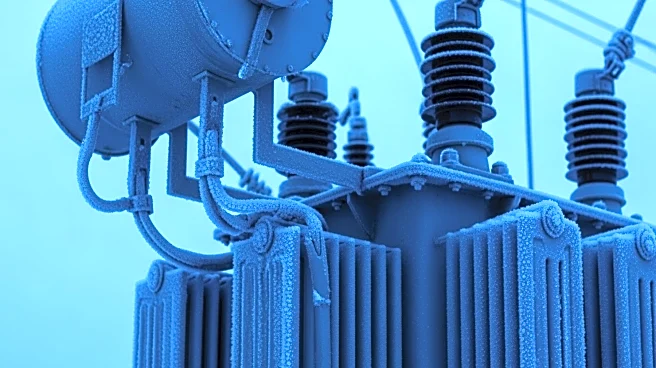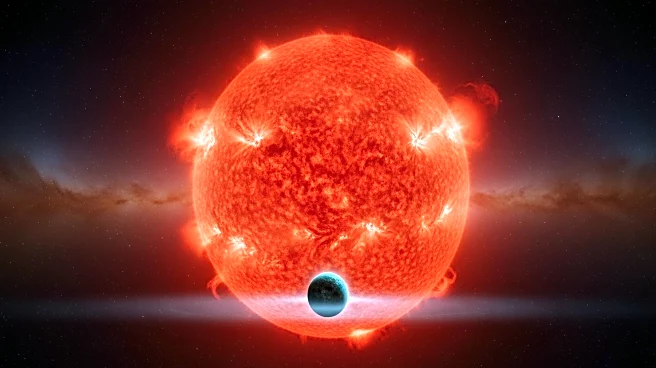Rapid Read • 6 min read
On August 5, 2025, Earth will complete its rotation 1.51 milliseconds earlier than the usual 24-hour cycle, a phenomenon that has puzzled scientists. Traditional explanations such as ice melting and lunar gravitational forces do not account for this acceleration. Since 2020, Earth has been accelerating its rotation, contrary to historical trends of slowing down. This unexpected shift raises questions about the causes and potential consequences of changes in Earth's rotational speed. The International Earth Rotation Service attributes the acceleration to the Moon's position, which temporarily reduces its slowing effect on Earth.
AD
The acceleration of Earth's rotation could disrupt global timekeeping systems, potentially necessitating a negative leap second to synchronize atomic time. This adjustment poses challenges for computer networks, GPS systems, stock markets, and banking servers, all of which rely on precise timing. Previous leap second adjustments have led to technical glitches, affecting major platforms. The scientific community is concerned about the potential domino effect on systems reliant on exact timing, highlighting vulnerabilities in a hyper-connected world.
Scientists have until 2035 to decide whether to implement a negative leap second, a decision with technical and political ramifications. The acceleration raises questions about humanity's ability to adapt to planetary changes. As technology and society evolve, maintaining synchronization in a world where Earth's rotation is constantly changing will be crucial. The scientific community will continue to investigate the causes and implications of Earth's accelerated rotation.
AD
More Stories You Might Enjoy











